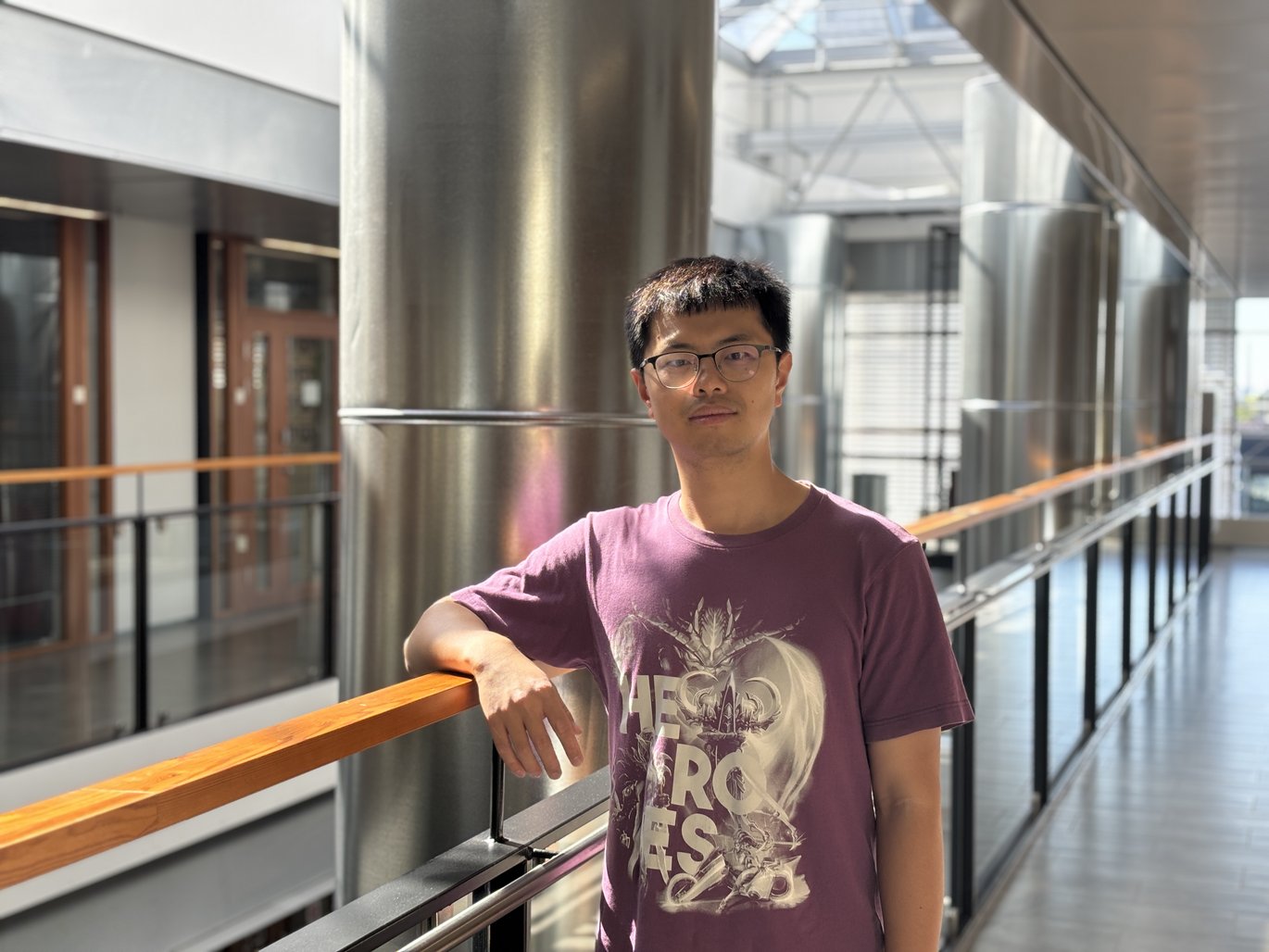Spotlight on Lei Xia, NORPOD Fellow: Decoding the Epigenetic Logic Behind Cancer
We spoke with Lei Xia, one of the new NORPOD Fellows about their ambitious research project, international collaborations, and what motivates their journey into cancer epigenetics and machine learning. Lei is working with Esa Pitkänen at FIMM and Biswajyoti Sahu at NCMBM.

Tell us about your project – what are you aiming to discover?
The overarching aims of my project are to decipher the regulatory logic of cancer development and to investigate how epigenetic features like DNA methylation and chromatin accessibility influence the formation of DNA adducts.
To address the first question, I plan to first profile these epigenetic markers in selected cancer cell lines. Then, I’ll build a machine learning model to help interpret the data and identify potential regulatory patterns, particularly looking for any trans-regulatory elements that might be involved. Ideally, this approach will shed new light on how epigenetics regulates in cancer.
As for the second question, since DNA adducts are chemical modifications to DNA that may trigger somatic mutations beyond those in tumours, I plan to investigate how epigenetic regulation impacts the formation by focusing on somatic mutation bias, using a similar logic to the first question. Ideally, this study may uncover trends with therapeutic implications.
What’s your research journey in a nutshell? How did you get from your hometown to joining the NORPOD programme?
My path into molecular biology has been quite interdisciplinary. During my PhD at the Institute of Hydrobiology, Chinese Academy of Science, I worked on developing a paternity testing method for fish breeding, using SNP combinations as molecular markers. That project sparked my interest in DNA epigenetics and tumorigenesis.
After that, I took up a postdoc at Guangzhou Medical University focusing on RNA biology, specifically the assembly of stress granules in human cells. I also developed a bioinformatics pipeline to detect A-to-I RNA editing sites using Nanopore cDNA sequencing.
When I came across the NORPOD Fellowship, I was immediately drawn in. The keywords - tumorigenesis, DNA epigenetics, machine learning - fit my background and aspirations perfectly. I applied and prepared thoroughly for the interview, knowing this was an exciting step forward in my career.
What made you think: “Yes, this NORPOD Fellowship is the one for me”?
My long-term goal is to understand how cancer develops and, ultimately, how we can treat or prevent it more effectively. The first aim of this project aligns perfectly with that mission. The second aim, which looks at DNA adducts, was new to me, so when looking into the literature, I found it both fascinating and highly relevant.
DNA adducts are formed when DNA interacts with certain chemicals, including those used in chemotherapy. While they can damage DNA and contribute to cancer, understanding them better might lead us to more targeted and less harmful treatments for the patients. That really resonated with me: I saw this project as a chance to work on something both novel and impactful.
You're collaborating across countries: what excites you about this international experience? Using 2 emojis, have there been any fun cultural surprises?
So far, I’ve only been based in Helsinki, Finland, and haven’t yet had the chance to visit our collaborators in Oslo, Norway, but I’m definitely looking forward to it!
🏰 One thing that’s really struck me is the architecture in the Nordic countries (and Europe in general). The buildings are so thoughtfully designed—they feel like pieces of art, full of structure and beauty. I love walking through the city and just taking it all in.
⛱️ Another cultural highlight is the work-life balance. I’ve really appreciated being in an environment where I can focus fully on my research during the day, and then truly relax after hours. That kind of balance makes me more productive and efficient, especially as a scientist.
It is early days, however, where do you hope this experience takes you next?
Through this project, I hope to deepen my expertise in cancer biology and machine learning and continue exploring the molecular mechanisms involved in tumorigenesis. The dream would be to stay in this research area, eventually focusing on how we can translate findings into better cancer treatments that improve patient outcomes. I would like to use this new knowledge to make a real difference in people's lives.
About NORPOD
NORPOD, the collaborative postdoc programme of the Nordic EMBL Partnership, is committed to training the next generation of molecular medicine researchers through joint projects that strengthen expertise and promote research excellence.